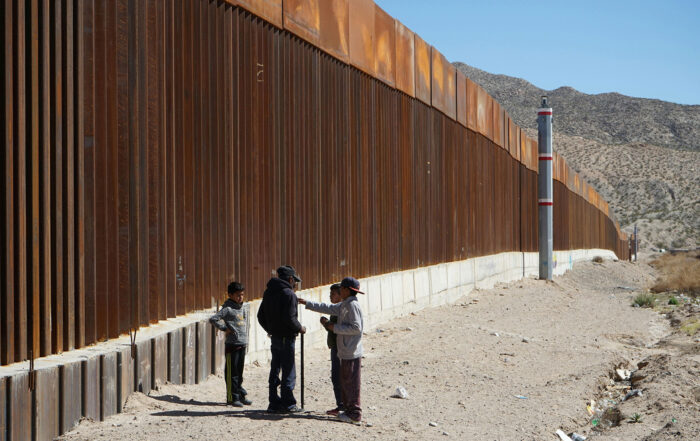
Written by Kaytee Gillis, LCSW
A recent study published in Biological Psychiatry: Cognitive Neuroscience and Neuroimaging finds that childhood trauma can lead to disruptions in two main regions of the brain, the default mode network (DMN) and the central executive network (CEN). As these areas are responsible for emotional regulation, memory processing, and stress response, this research points to the connection between childhood trauma and lifelong brain changes (Ireton, Hughes, & Klabunde, 2024). The researchers found that, when compared to those without a trauma history, children who had experienced trauma displayed increased activity in the default mode network during memory, social processing, or emotional tasks (Ireton, Hughes, & Klabunde, 2024).
Share This Post!
Children, Teens Are in a ‘Mental Health State of Emergency,’ Child Health-Care Groups Warn
By Alyson Klein There’s been a quieter, parallel pandemic happening alongside COVID-19: a spike in significant mental health problems among young people, spurred by isolation, uncertainty, fear, and grief. Mental health [...]
Making the Connection: Trauma and Substance Abuse
Data from the most recent National Survey of Adolescents and other studies indicate that one in four children and adolescents in the United States experiences at least one potentially traumatic event before [...]
Helping immigrant children heal
Twenty years ago, Hami Torres fled Mexico at age 13, her 11-year-old brother in tow. Terrified, they trekked for hours with a group of older strangers through desert scrub that slashed Hami's [...]
What is test anxiety and how can we support students when they experience it?
As the first day of school approaches, parents and children gather their backpacks as educators finalize lesson plans and ready their classrooms. The new school year offers a fresh start for students [...]
Managing stress during the COVID-19 pandemic
While we are all focusing on taking care of our physical health as the outbreak of COVID-19 develops, it’s also important to keep our mental health a priority. When there is a [...]
Integrating parents with trauma histories into child trauma treatment: Establishing core components.
To identify core components of parent/caregiver integration into evidence based child trauma treatment models, specifically those parents/caregivers who have experienced trauma themselves. The Parent/Caregiver Trauma and Healing Coordinating Group (PCTHCG) of the [...]







